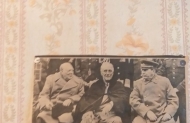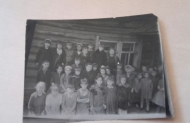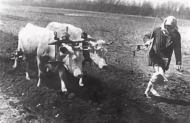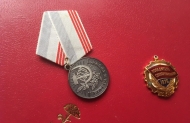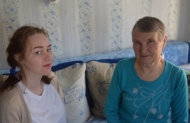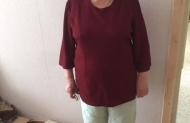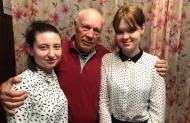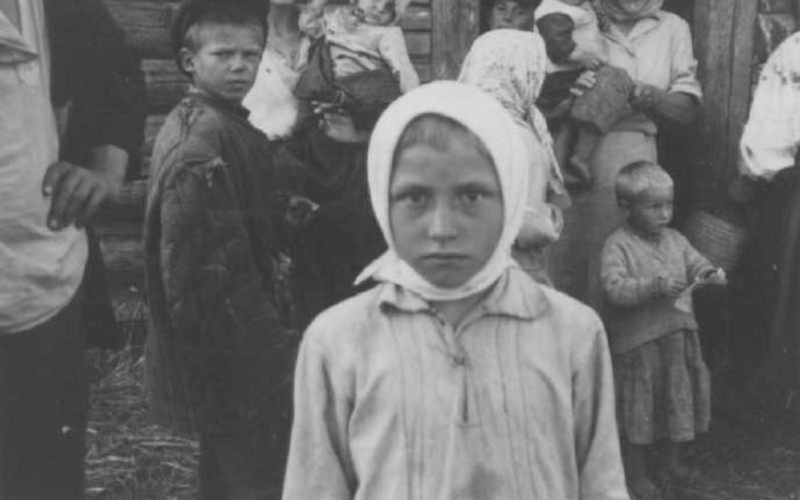
EURASIA KIDS continue to study the stories of those, whose childhood was spent during the war years. Among the gathered material are research papers about pioneer heroes, as well as memories of young home front workers.
In 1941, the war broke into the children’ lives of different nationalities, but they all had one common Homeland and the desire to defeat the enemy was also common. Guys from the rehabilitation center “Adeli” (Izhevsk, Russia) collected the dramatic story of the young defender of the Brest Fortress Petya Klypa, stories about the exploits of pioneer heroes and many other stories. But not only military exploits were performed during the war by boys and girls the same age as boys and girls today. Living stories about difficult childhood of those who worked in the rear along with adults on collective farms and in factories became real revelations.
“There were no more than 20 students at school, and in junior secondary school, we were three pupils from the village. Only three… The others didn't go because they didn't have anything to wear; they worked to get something to eat.” (From the memoirs of N. M. Plotnikova.)
“Early in the morning, children put on bast shoes and went to work again. The cow Zorka, I worked next to it, met me every morning. Up until 1943, the crucial year, we were together. I, like everyone else, believed in a cherished Victory. Zorka died suddenly, but left a calf. The bull was unruly and wayward, and would not be taken in hand. It didn't want to work, didn't give in to commands and ran around the field, listened only to me. I called it the Rassvet (Dawn).” (From the memoirs of L. P. Batokhina.)
“We started working early in our childhood, because we were born during the war. In the village there were only old men, women and children. We used to get up early in the morning, adults woke us up early, put us on a horse, and we couldn’t get off a horse ourselves until adults took us off. When you're five or six, how do you get off a horse? In the sixth form, I had the entire household to myself. I got up at three o'clock in the morning, heated the stove, baked bread, cooked potatoes, gave cattle a drink, fed them, give them hay, milk the cow, then went to school. I felt too tired.” (From the memoirs of M. V. Kasimova.
“I was a little boy; I was only two and a half years old when the war started. My father was immediately taken to the front. I missed him very much and kept asking my mother: “Where is my tyatya (father)?” Fathers used to be called that’s. And so my mother's every day began with a question that my soul demanded an immediate answer to. Soon she got tired of it, and put me on a cart and took me to the house where we had seen my father off. I searched the house and the yard, but I couldn't find tyatya. Then I ran back to my mother and tried to get an answer with all my forces. My mother had nothing to do, and she said that my father had been taken away in an airplane. I looked up at the sky, saw a biplane flying over the village, and shouted: “Mother! Mummy! Daddy's flying there! My tyatya is there! Mom, get the ladder, quicker!” (From the memoirs of A. I. Zotov.)
The stories about war children collected by participants of the Project EURASIA KIDS will be presented at the XV International Festival of Children's and Youth Media “Sunflower”, which will be held from 11 to 13 September in Izhevsk.
You can get acquainted with them here.



